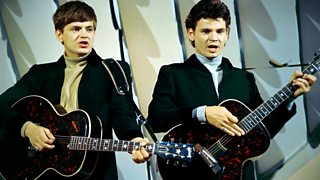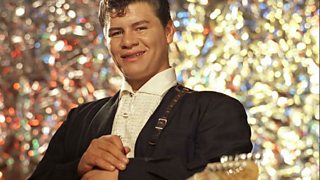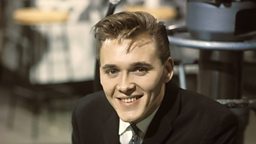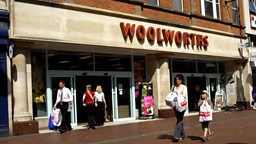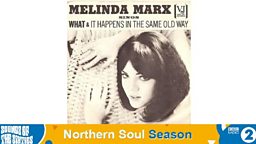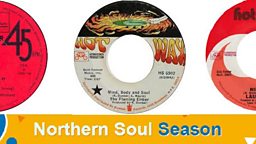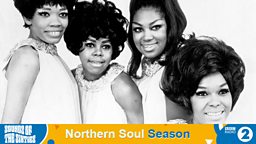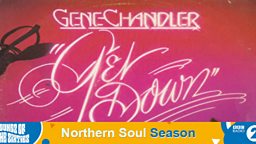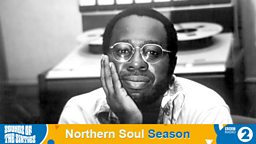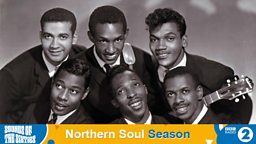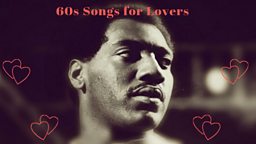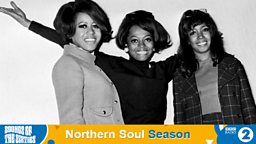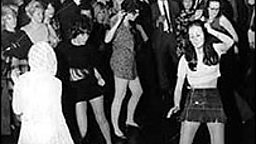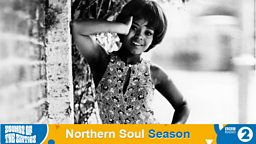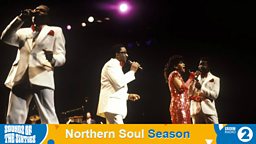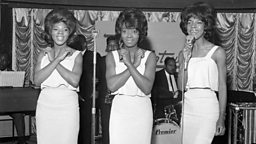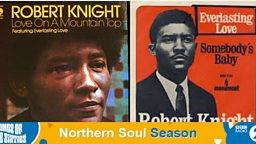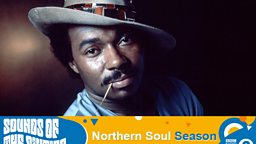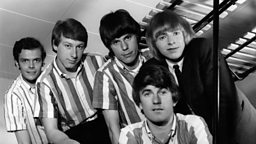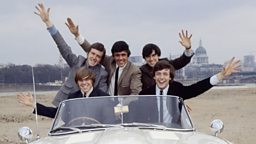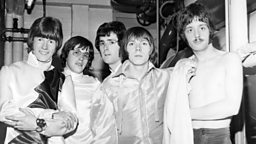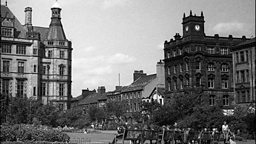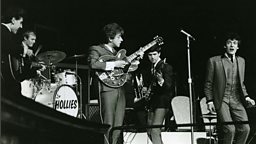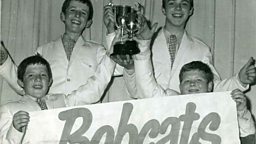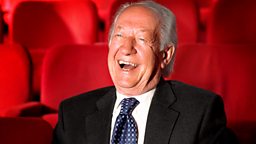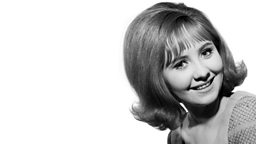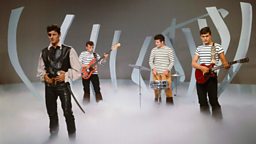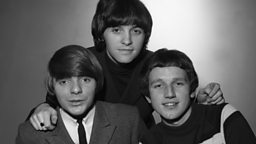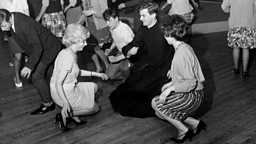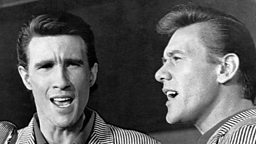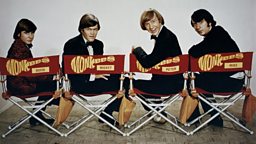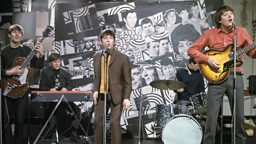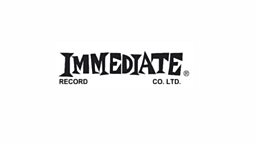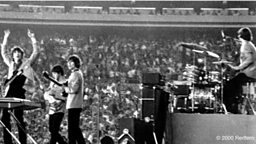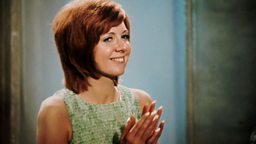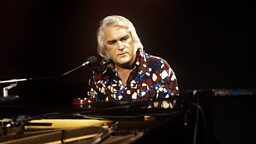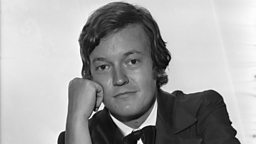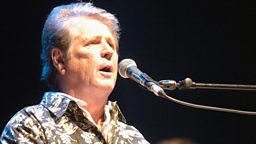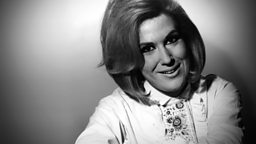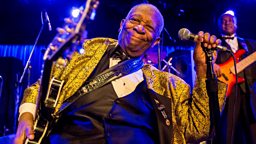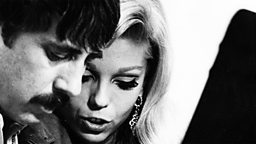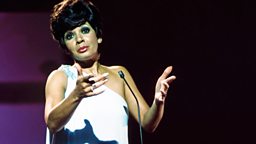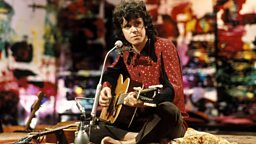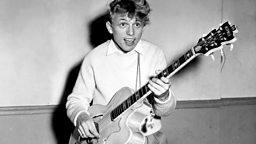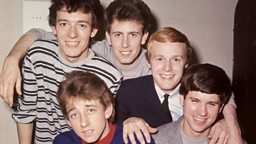John Leyton
by Bob Stanley
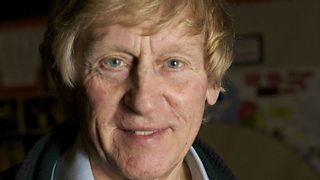
His still-boyish looks have meant that he now struggles to get acting parts...
A few years ago I went to a restaurant in north London and sitting at the adjacent table was John Leyton. I was taken aback on two counts: firstly, it was John Leyton! And secondly, it was very obviously John Leyton – given the passing decades, he looked ridiculously similar to the star of The Great Escape and numerous sixties hits. According to a recent interview, his still-boyish looks have meant that he now struggles to get acting parts - he looks too young to play a man in his seventies but not quite right for a man in his fifties. Poor Johnny!
The restaurant was only a few hundred yards from the scene of Leyton's greatest musical triumph – Joe Meek's studio on Holloway Road where he had recorded the immortal Johnny Remember Me in 1961. It'd be interesting to know if anyone ever called the star 'Johnny' rather 'John', as it must have felt like every other song he was given to record had 'Johnny' in the title, and most of them ended in loneliness and despair. The original (and best) had originally been heard by the public on a TV series about a department store called Harpers West One – Leyton appeared as “Johnny St Cyr”, opening the shop's record department, and singing Johnny Remember Me. Demand sent the single by the non-fictional John Leyton to number one within a couple of weeks of the broadcast, after which it dominated the top of the 1961 summer charts along with Del Shannon's equally anguished Runaway.
The gothic Wild West imagery of Johnny Remember Me reflected the obsessions of producer Meek and writer Geoff Goddard (I always picture the fictional Johnny in the black gear Yul Brynner wore in The Magnificent Seven). His follow-up singles usually pitched him as lonely - there was Lone Rider, Lonely City and, almost inevitably, Lonely Johnny: “Deep in the night I sit and cry, just a broken hearted traveller with a tear in my eye”. Johnny My Johnny, an album track, had originally been given to Andy Cavell, another lad who was arguably blessed with a face more arresting than his voice. That time, of course, the song had been called Andy, and was very much Johnny Re-Remember Me, only this time the hooves trotted rather than galloped.
Joe Meek's productions for Leyton steered perilously close to all-out camp – check the comical clarinet burping behind the singer on Who Wants Johnny? Meek stopped working on Leyton's records in 1963, with the singer's manager Robert Stigwood taking the job on himself, though on singles like 1964's raucous revisiting of the old Jo Stafford hit Make Love To Me, it was quite hard to tell the difference.
It was also in 1964 that Leyton headlined a tour with up and coming support act the Rolling Stones. Very quickly, it became apparent that the Stones were more popular than the headline act and Leyton, with great dignity, abandoned his pop career on the spot to concentrate on acting. Of his later sporadic releases, I recommend searching out the dreamy, folkish Riversong, released on the tiny York label in 1973.
-
![]()
Brian Matthew recalls meeting the infamous duo
-
![]()
Find out more about the songs we play
